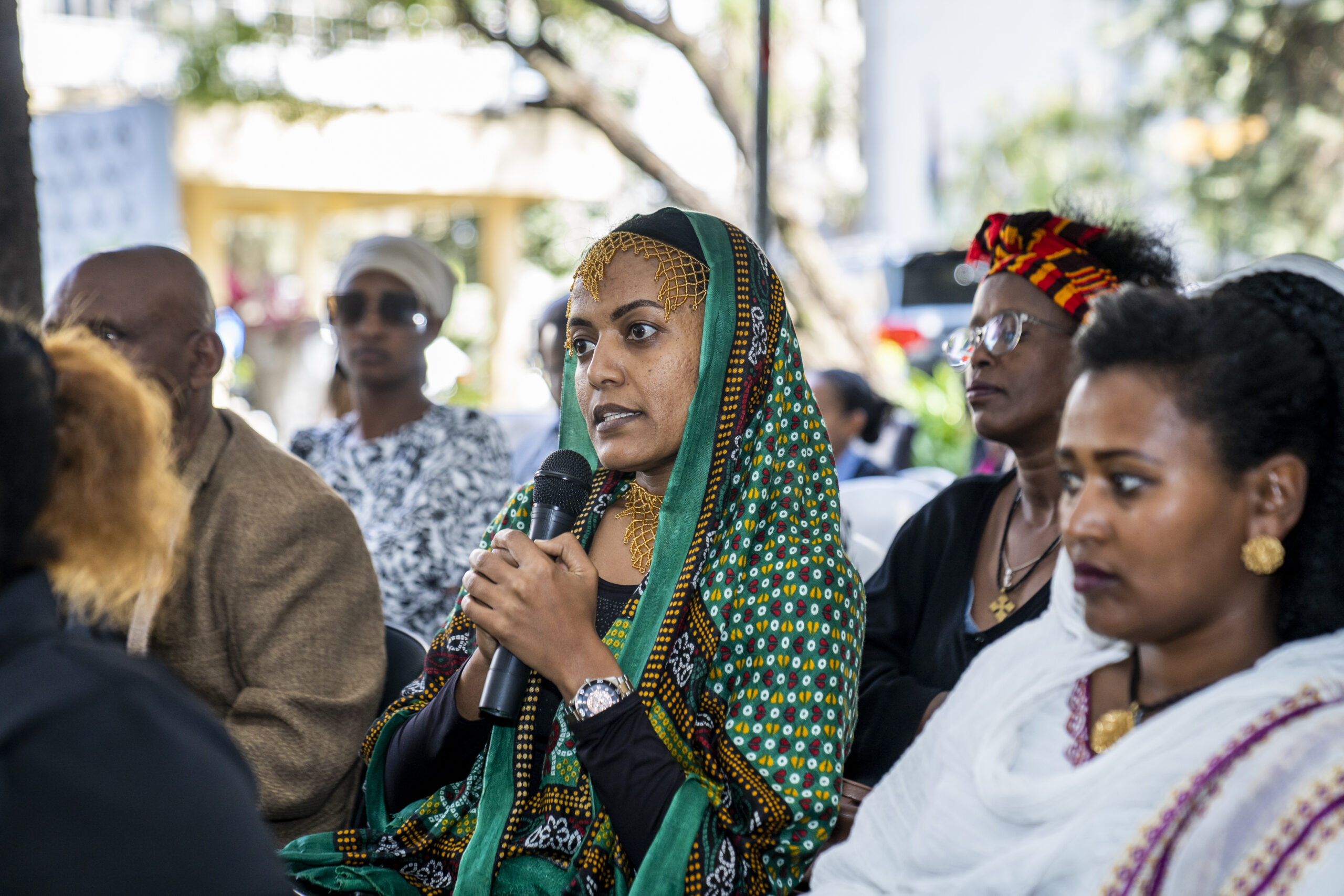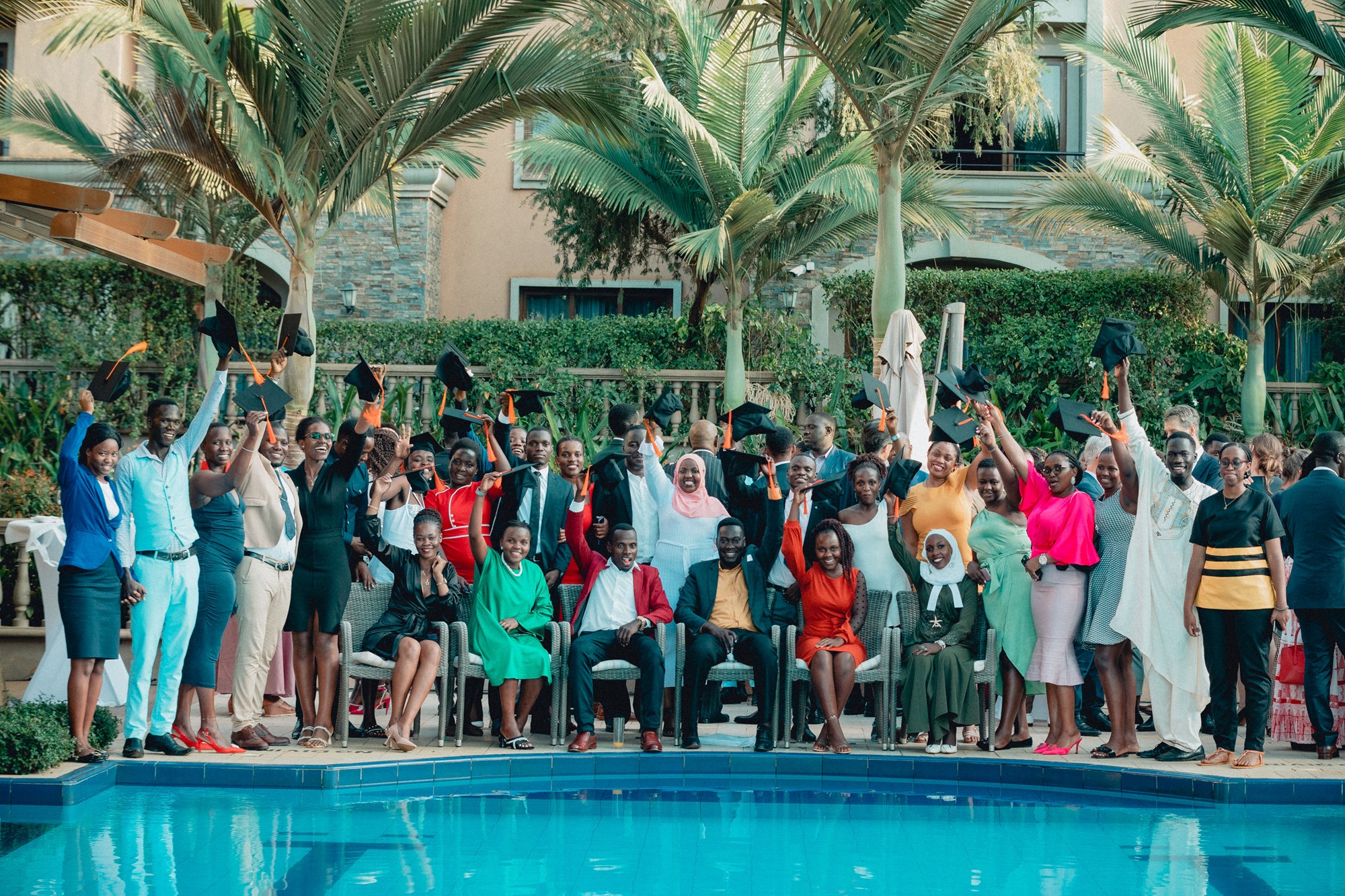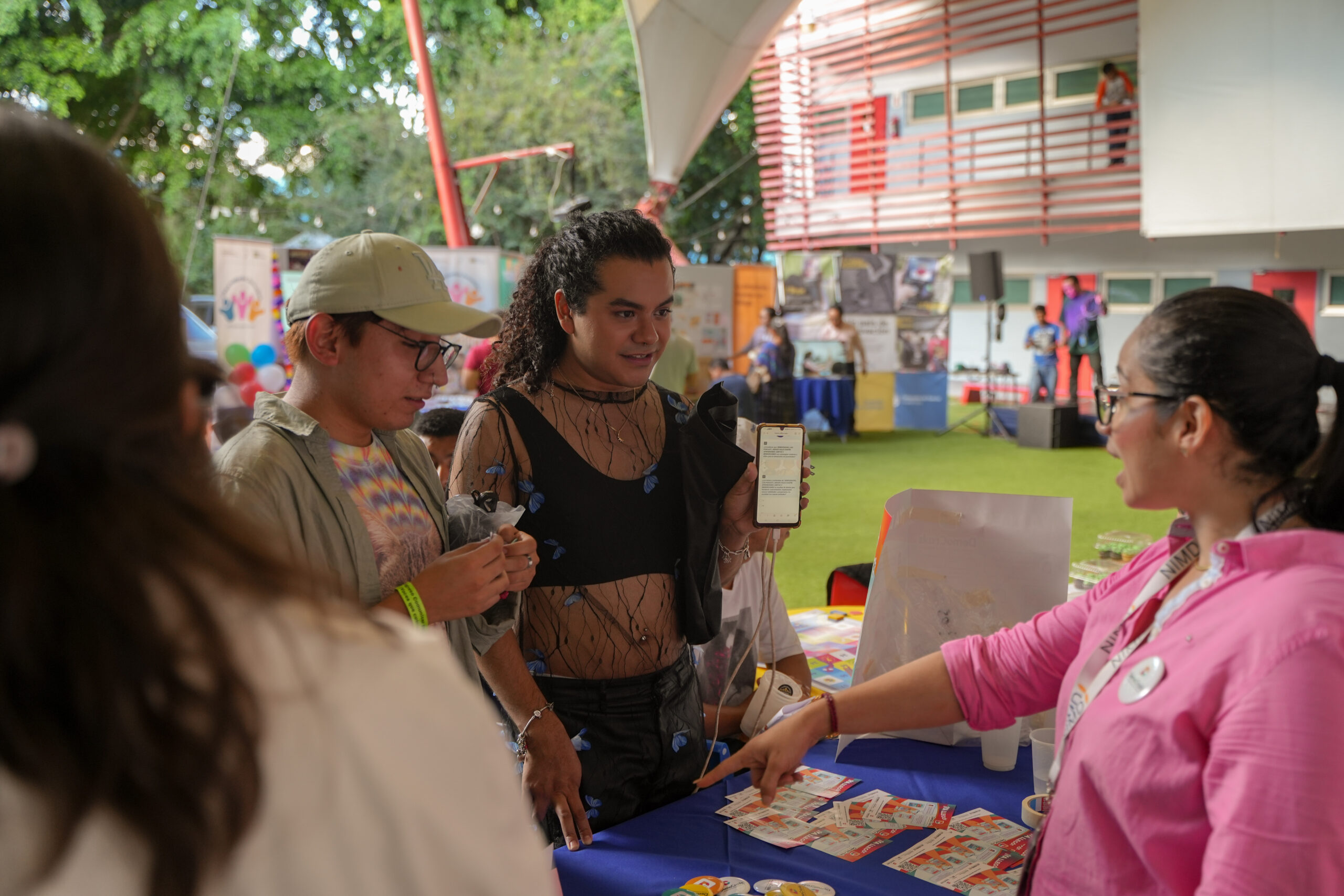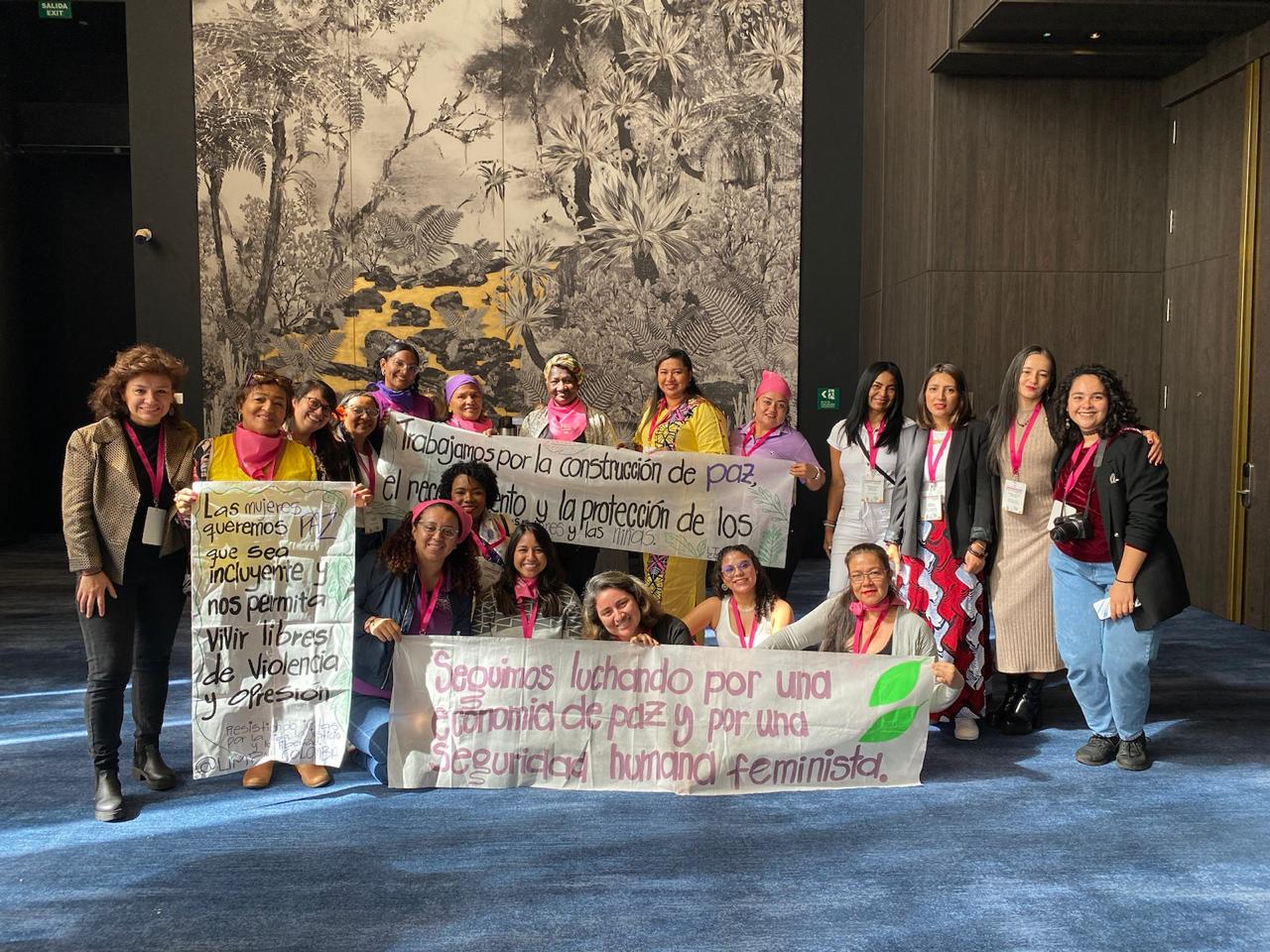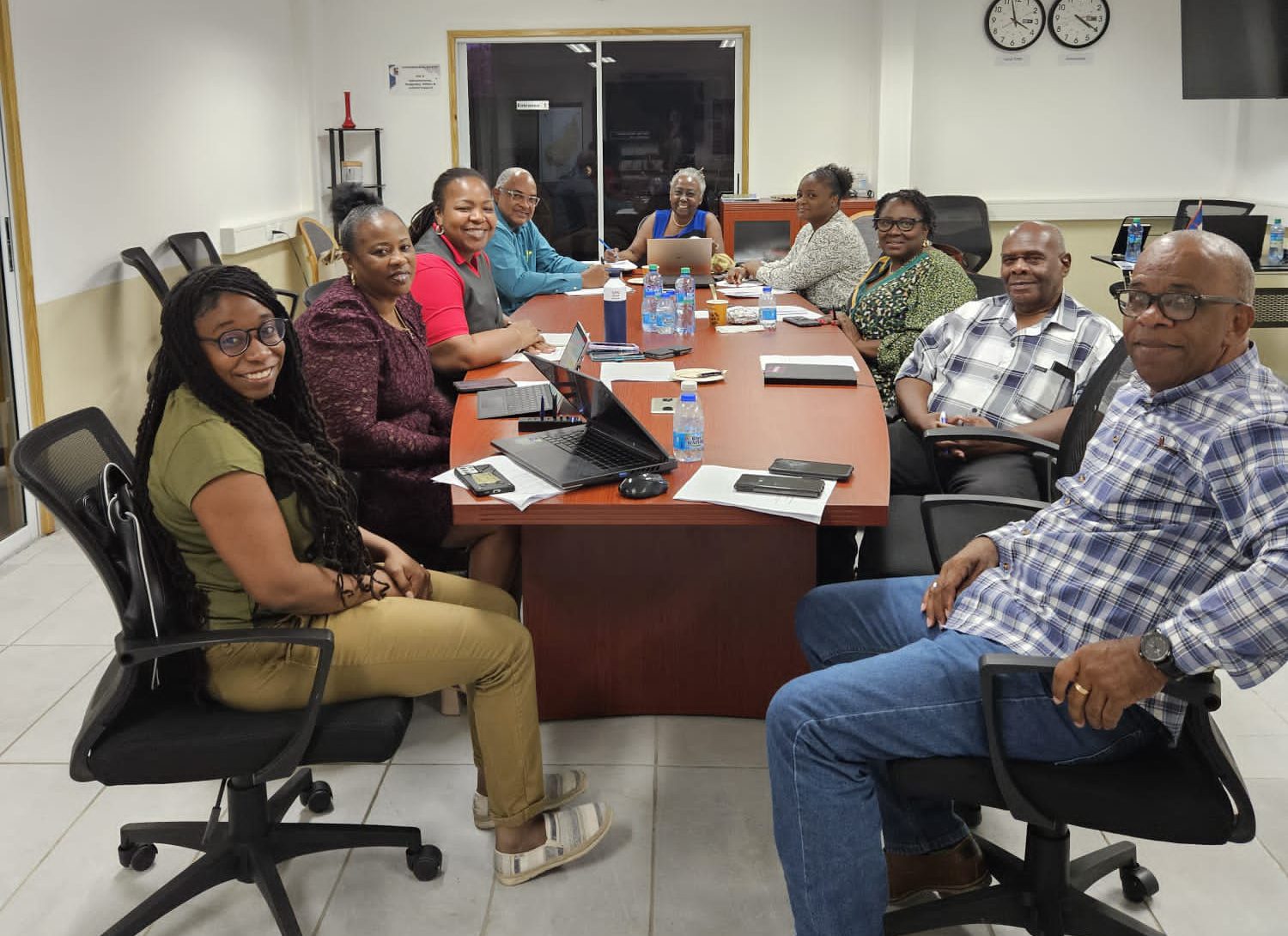25 years of standing for democracy

This month, NIMD celebrates 25 years of standing for democracy. As we look back at our journey and growth over the past 25 years, we reaffirm our commitment.
Since the beginning, NIMD has worked alongside politicians, activists, and citizens to strengthen democratic systems and amplify the voices of those who defend democracy. We work to inspire young people to take up a role in politics and make their voices heard; to support women to run for office; unite political adversaries; help build democratic institutions; and foster more inclusive democratic decision making.
We know that, with democratic systems eroding, and authoritarian narratives gaining ground, our work is more urgent today than ever before. Stand with us, as we present a small snapshot of our highlights over the years. Together, we will delve into our history and look towards the future.
NIMD Through the Years
2000
Our story begins in South Africa, where we help political parties rebuild trust and define their roles after Apartheid. Nelson Mandela urges Dutch parties to take this work to other countries. Read more
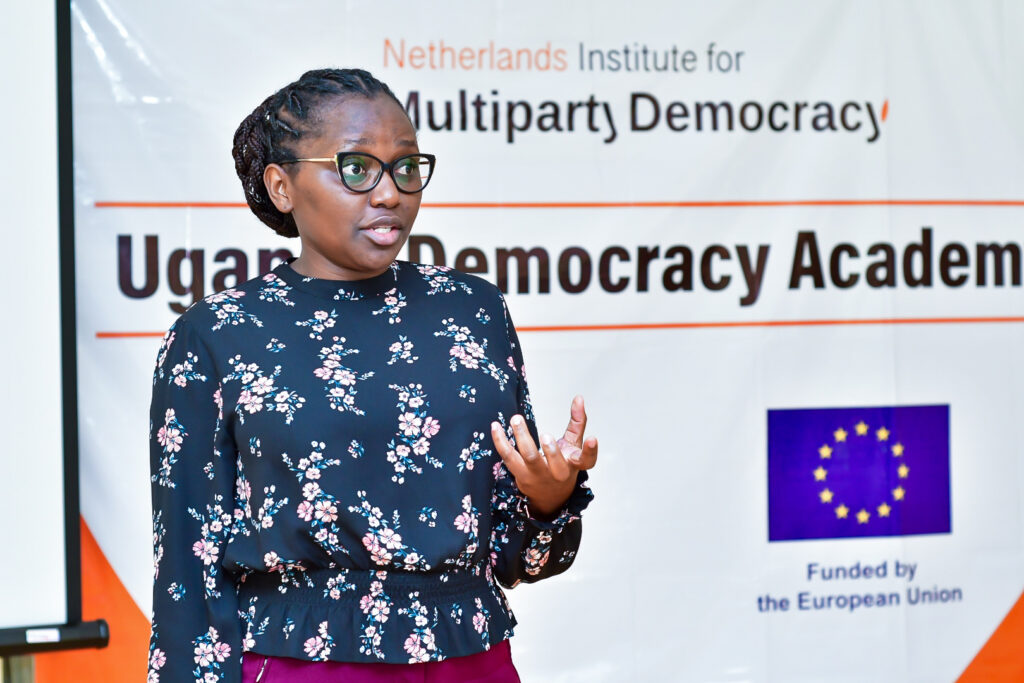
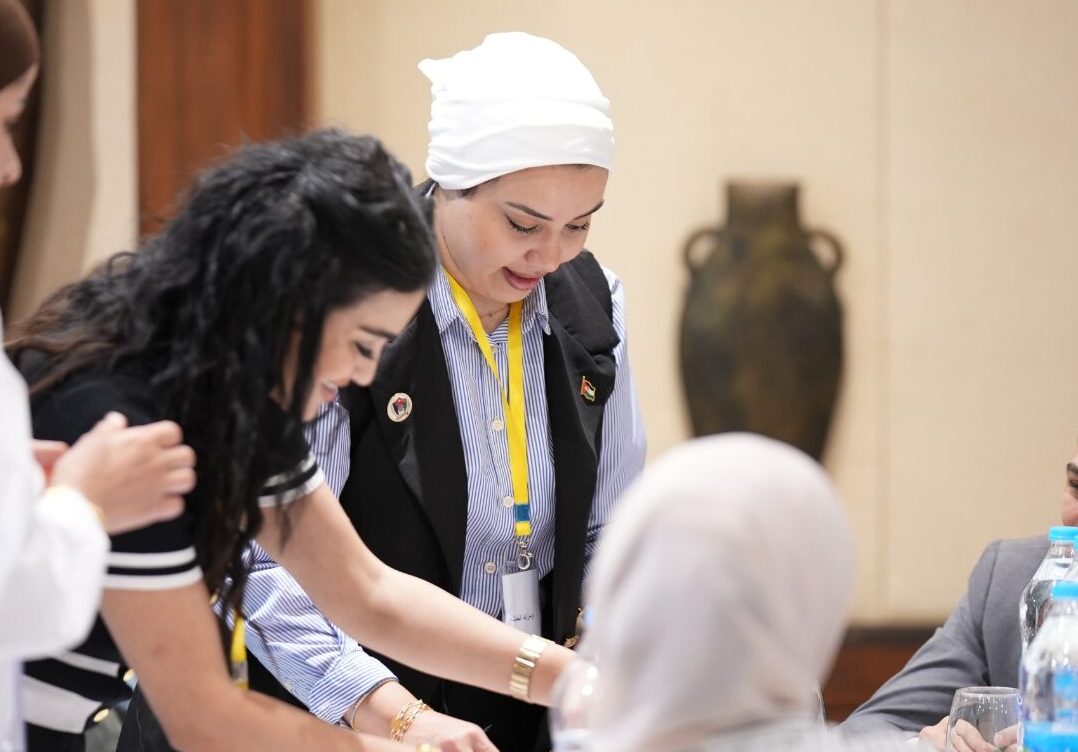
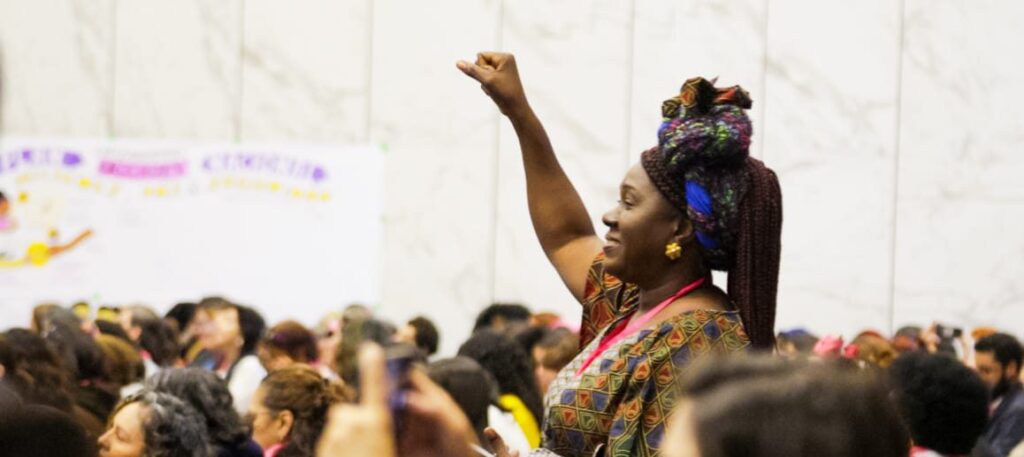
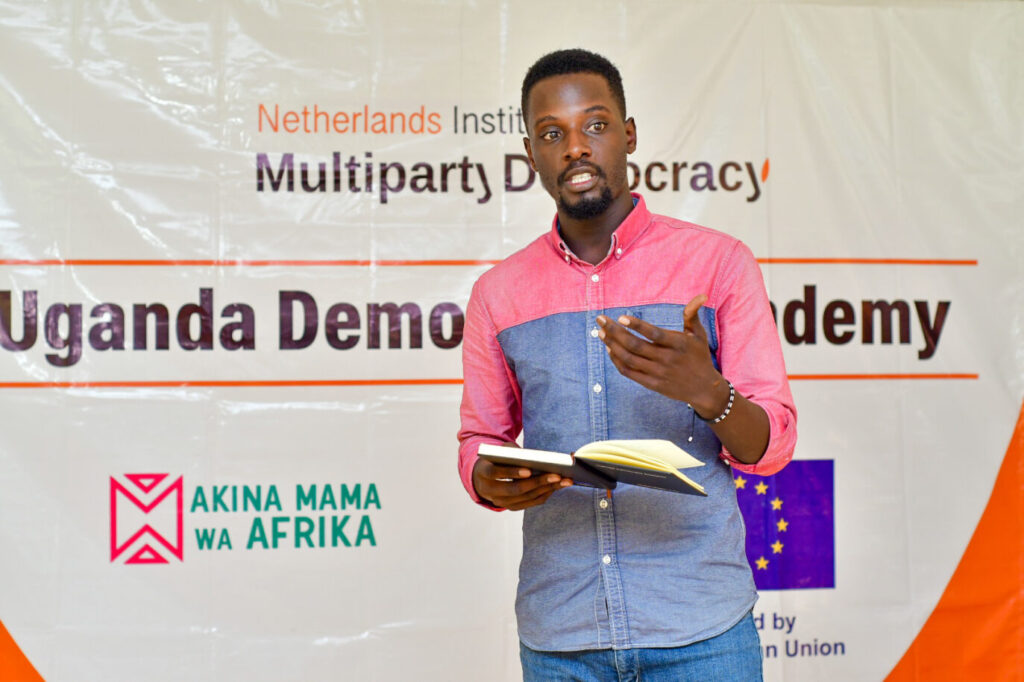
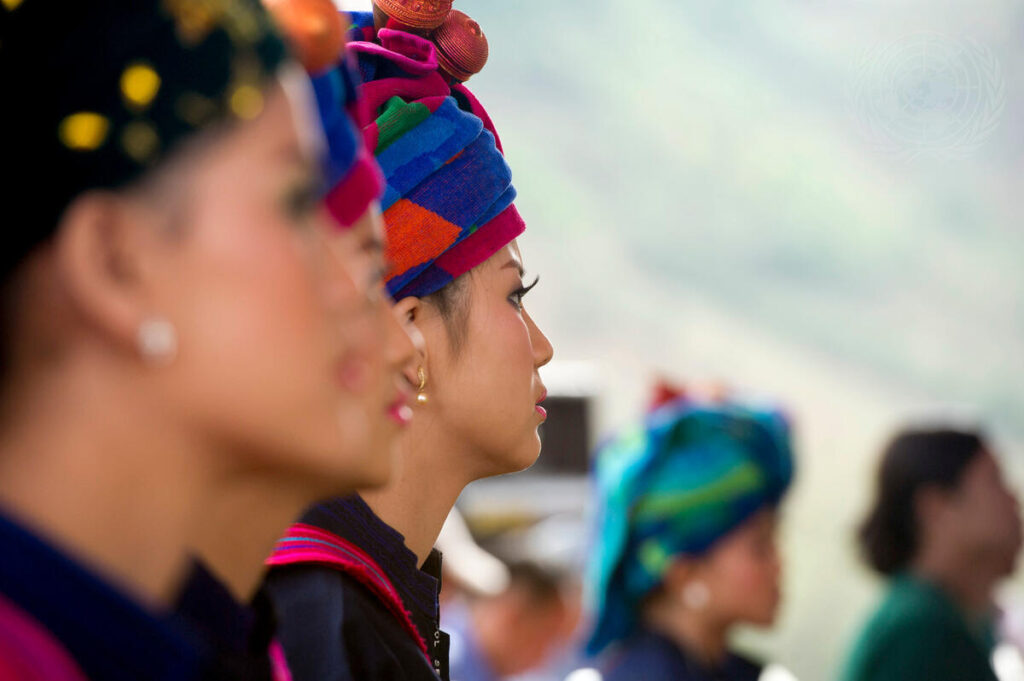
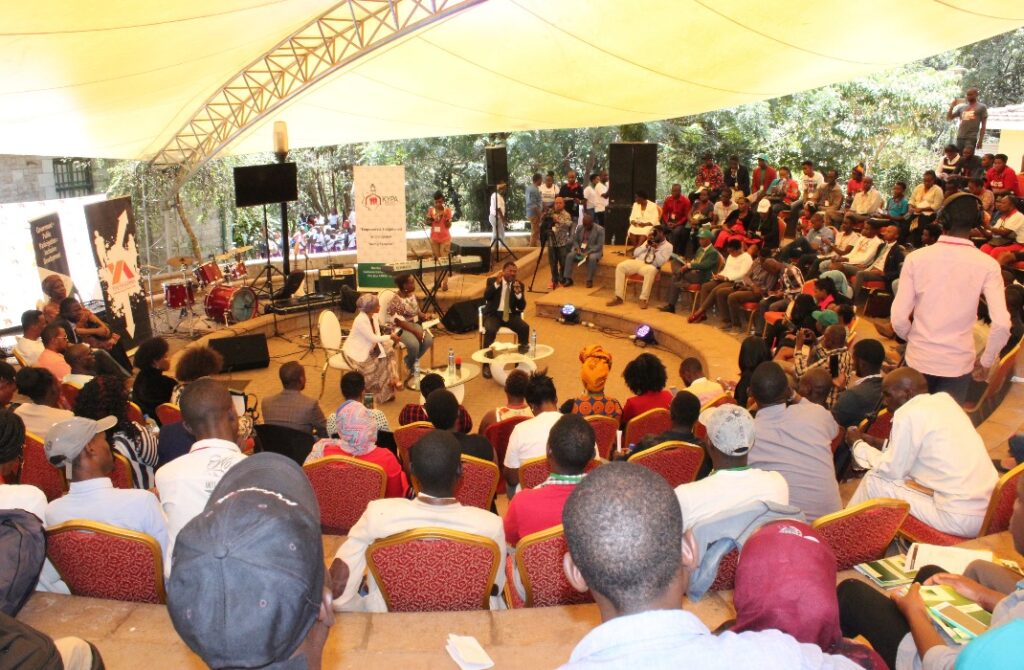
2002
One of NIMD’s first examples of fostering dialogue across divides comes from Guatemala. In collaboration with UNDP, we launch a multiparty platform, bringing together the country’s 20 political parties for the first time to agree on a Shared National Agenda — a national development plan for the country after 50 years of armed conflict.
2009
Indonesia sees the launch of one of our first Democracy Schools. Since 2009, we have built an international network of 10,000 graduates of the NIMD Democracy Schools, committed to advancing inclusive democracy in their countries.
2012
The Jasmin Revolution that took place in 2011 radically changed the Tunisian political landscape. Launched only one year later, the Tunisia School of Politics equipped young political actors with skills and knowledge necessary for participating in a fledgling multiparty system. Read more
2012
The Ghana Presidential Transition Act, supported by the Ghana Political Parties Programme, set out clear processes for a peaceful transition of power, for the first time in the country’s history.
2018
Uganda‘s High Level Political Forum brings together party leaders in unprecedented dialogue amidst deep interparty tensions. Read more
2021
Following irregularities and violence in the 2017 elections, we work with Honduras’s electoral bodies to pave the way towards electoral reforms and restore trust in the electoral process. By 2021, Honduras’s new and strengthened institutions oversees peaceful elections with high voter turnout. Read more
2022
Following Myanmar‘s 2021 coup d’état, NIMD sets up a regional multistakeholder dialogue platform. This quiet yet powerful initiative brings together a diverse group of local stakeholders from various political institutions and civil society organizations. It provides a rare safe space for open dialogue in a high-risk context, where such conversations are often silenced. Read more
2024
Through dialogue and consultation forums, NIMD and other partners ensure diverse women’s voices are heard in the consultive period preceding the signing of Colombia’s long awaited National Action Plan (NAP) 1325. Read more
2024
After two years of political dialogue, trust-building, and institutional strengthening on the island of Sint Eustatius, NIMD is delighted to see all democratic rights and structures returned to the island, after a long transition process. This process has been supported by the NIMD-facilitated Political Dialogue Platform Statia, a safe space for Sint Eustatius’s political representatives to engage in dialogue, and strengthen democratic practice and culture. Read more
2025
With a focus on learning across borders, NIMD Jordan brought together 35 members from across Jordan’s political party youth wings, and youth representatives from three Dutch political parties. As Jordan implements reforms aimed at deepening democratic governance, initiatives like the Political Youth Camp play a crucial role in building a new generation of political leaders equipped with the tools, knowledge and networks to make a lasting impact. Read more
2025
In 2025, we launch our newest programme: Supporting democratic strengthening in Bangladesh through dialogue and political party support.
Looking to the future
Today, as we celebrate 2025 years of NIMD, we are also aware of the challenges that lie ahead.
Democracy is under threat, and the environment we work in is changing. In the months to come, we will adapt our approach and structure, making daring – and sometimes difficult – decisions which reflect our beliefs, our values and our commitment to staying relevant and effective.
For us, that’s what it means to stand for democracy. It’s a deep belief that democracy is the only form of governance that can serve the broad interests of society. And the commitment to continue to stand up, speak out and defend it.

